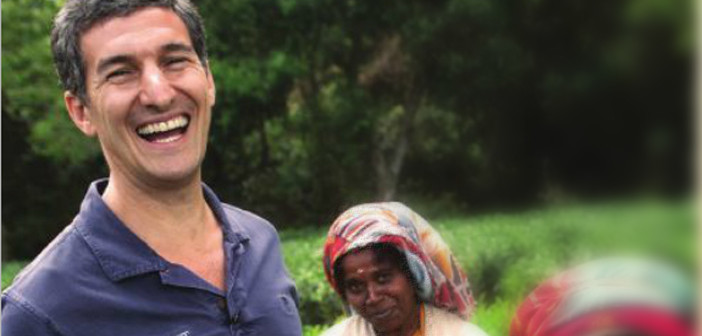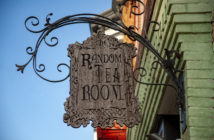Putting Money Where Their Cause Is
Honest Tea backs up their support for sustainability—and encourages others to do the same.
Honest Tea
www.honesttea.com
Specialty: Bottled Teas; Great-tasting, healthy organic beverages
Mission: Sustainability
Since 2009, the Bethesda, MD-based organic bottled tea company HONEST Tea® released a mission report outlining to customers how they balance sustainability, product quality and safety with increasing sales. The report explores changes they have made in sourcing, supply lines, and ingredient purchases. Considering Honest Tea cleared more than $100 million in sales in 2013, we went to “Tea-EO” Seth Goldman to find out their sustainability-to-success secret.
TM: How do you promote better environmental awareness to your customers?
Seth: In a lot of ways. All of our products are organic and our packaging promotes it on caps and on the plastic bottles. We also do a lot of environmental messaging in stores—things like promoting Earth Day in April, promoting free reusable shopping bags for five bottles of tea, things like that. We started our Great Recycle campaign in stores and urban areas with big 30-foot and 10-foot high bins to make a strong statement about recycling efforts. We offer awards for groups and businesses that participate in the event and provide recycling education at the events.
We released a freshly brewed iced tea line providing tea in a brewable pouch for the restaurant and food service industry. The goal was to reduce the use of single-serve bottles. More of our tea will now be available in large, multi-serve bottles. The transition could save the equivalent of 700,000 16.9 fl. oz. PET bottles-worth of plastic.
TM: Talk about the microloan program Honest Tea has established.
Seth: All of the tea we buy is Fair Trade certified, and we commit a portion of the purchase price to supplier communities to invest in what they deem important. We let communities determine where the needs are, so we set up funds in microloans, and those organizations decide how best the money can be spent. Some have it going to infrastructure, to funding health care, to investing in things like biogas stoves for villagers to heat their food properly. This allowed Maud Tea Estate in Chamong, India to establish a microloan program for farmers to purchase cows and for the Organic Tea Farmer Association in Dazhanghsan, China to replace the bamboo raft they used to transport tea with a boat.
TM: How do you get other businesses on track to follow your sustainability standards?
Seth: Everyone, both individuals and companies, are on a path toward sustainability. It is a natural interest for tea companies who are dependent on ecosystems such as clean water and soil for growth, and for their products to be brewed with access to quality water. The question businesses need to ask is, how are you challenging yourself? Our perspective is to encourage companies to ask those questions on how they are being more inventive with their own footprints. Even we made a lot of progress from when we first started; we had no organic certification in the beginning, now all of our teas are certified. We have been working hard to make our packaging more environmentally efficient, but that said, it’s a continual improvement process. We note our progress and then set up the next challenge.
The other way to encourage sustainability is through community partnerships. For example, we were buying this ingredient called Tulsi, a basil leaf herbal tea grown in India, and we learned the growers were only making 14 cents a kilo. So we helped them set up drying shelters for the leaves–basic wood flats with a covering for wind protection. Now the growers in that community can sell a dry product and make $3.80 per kilo! It started with self-interest for us for our supply chain, but for that community, they can now make a better living. When I visited last, their capacity went to producing 100,000 kilos a year from 10,000. So our investment helped produce a better supply chain!




